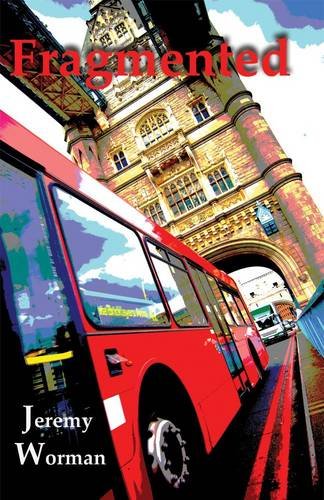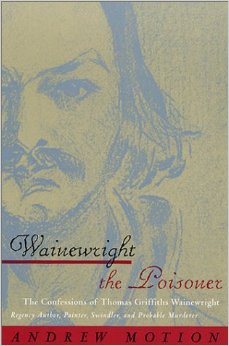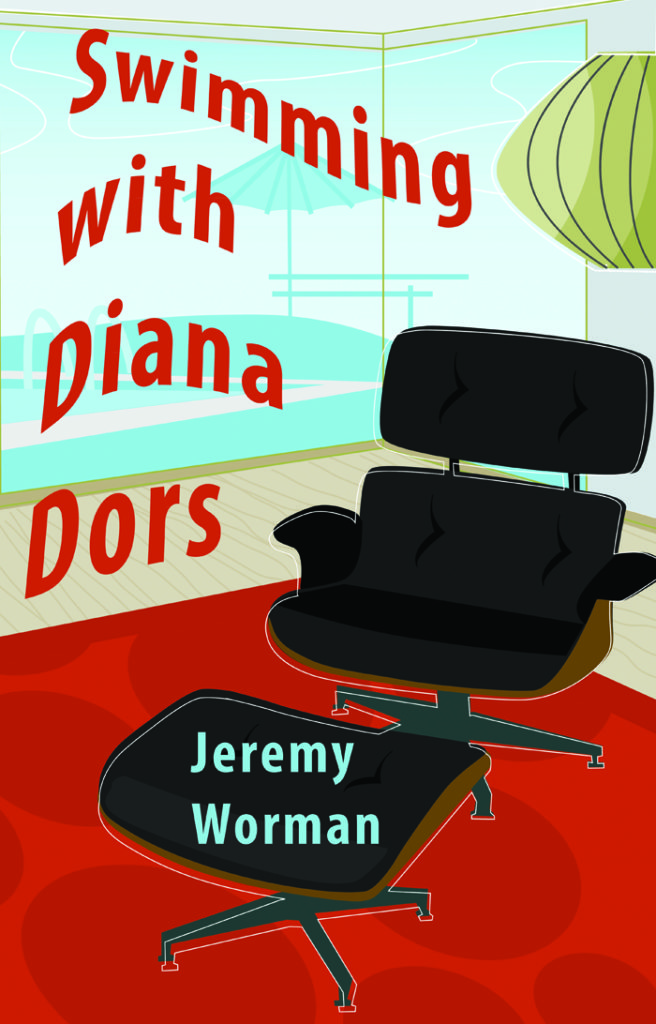Fragmented brings together short stories and sketches charting a personal journey from squatter and hippy in Seventies London to creative and stable middle age as husband, father, teacher and writer. Responding to and recording social change, often by seizing moments in the flux of city life, the stories are both self contained fragments and a cohesive narrative of a city as much as of an individual.

Many sketches are set in Hackney or Hornsey Rise – at one time the largest squat in Europe. Fragmented brings to life characters and places; examines the underside of London epitomised by outsiders, drugs, racial tension and crime, and explores deeper themes not only of childhood, family and relationships, but also of the nature of writing, political idealism, fear of oblivion and how we conjure and retain a sense of the past. The tone is variously reflective, nostalgic, critical, humorous and detached.
Available from W H Smith, Waterstones, Gwales and Amazon.
Reviews:
- Read Mark Hannam’s review here. (Also published in Dream Catcher)
- and The Short Review here
- and Islington Tribune here
- and Hackney Citizen here
- and East London Lines (the online newspaper) review here
- and Gwales review here
- and Amazon readers’ review here
- and Waterstones readers’ reviews here
- and Nick Sweeney’s review here
And a review from The Frogmore Papers (Number 78, Autumn 2011) by Jeremy Page:
“For anyone who has walked the streets of east and north London, where most of these often very personal pieces are set, this is a fascinating collection. Many of them are very short – some barely half a page – but these are texts which have been lovingly crafted from experience that was not always so sweet. The Great Wen is hauntingly evoked, and the character sketches are expertly drawn. Personal favourites here include ‘Hackney Sunday’ and the exquisitely titled ‘Myfanwy, China, Harry and a Goldfish’.“


